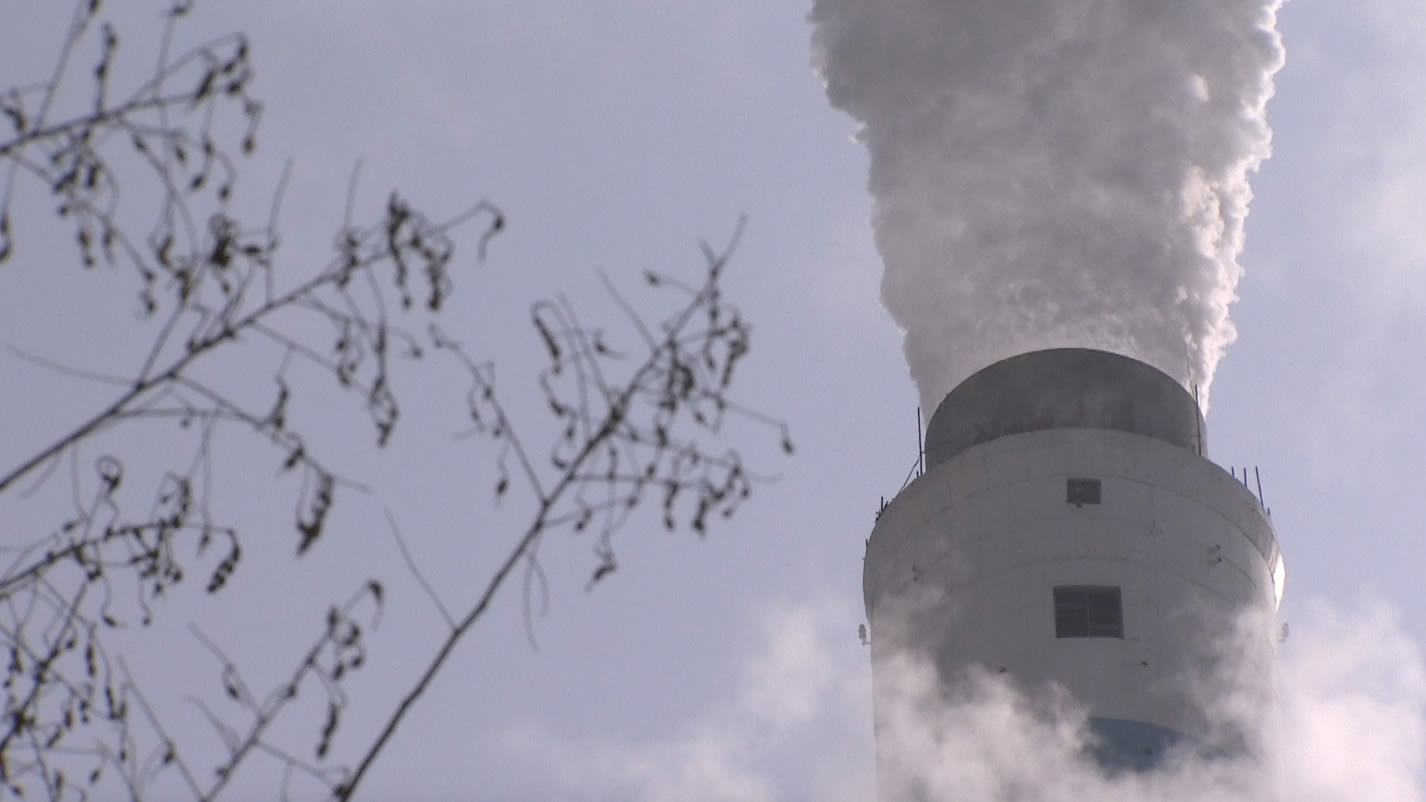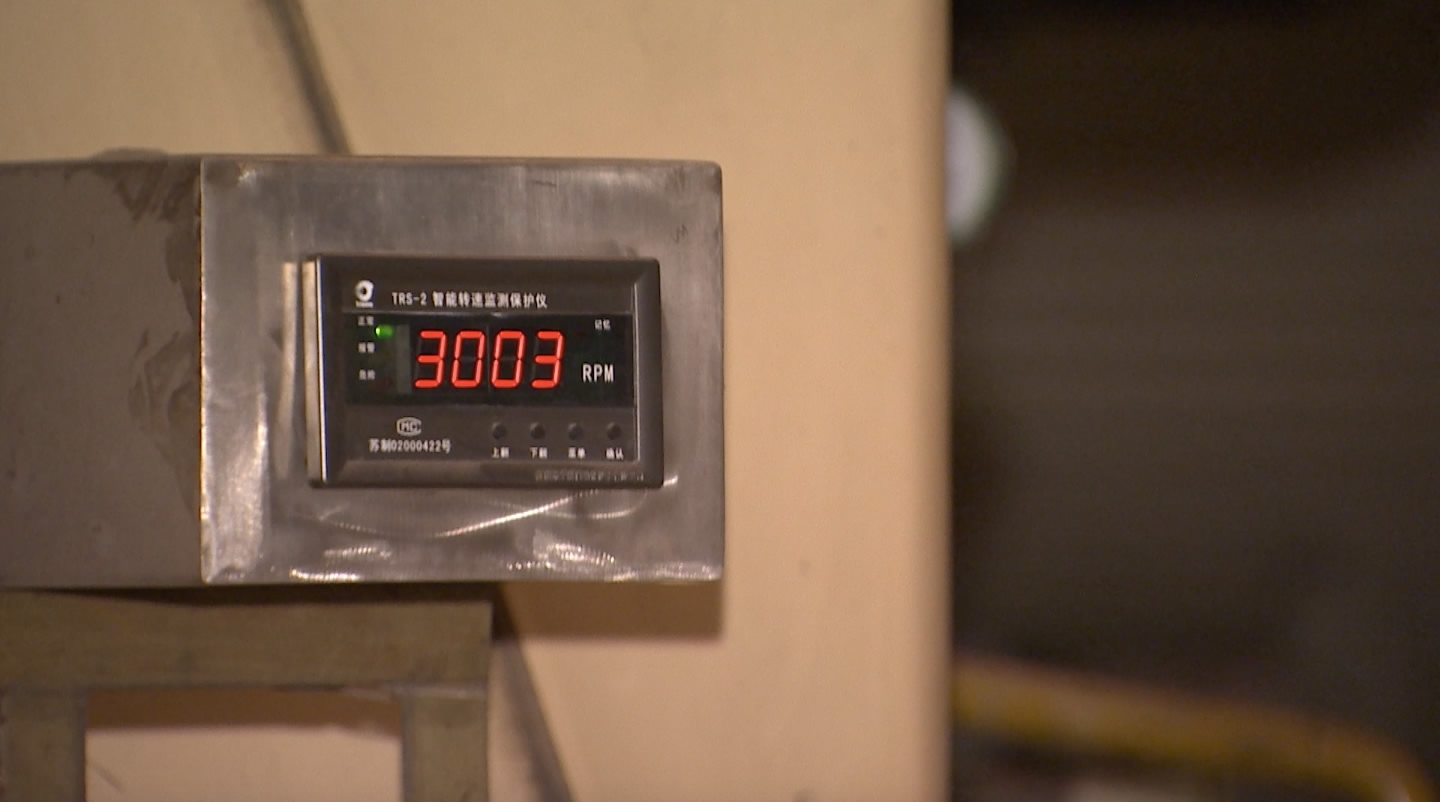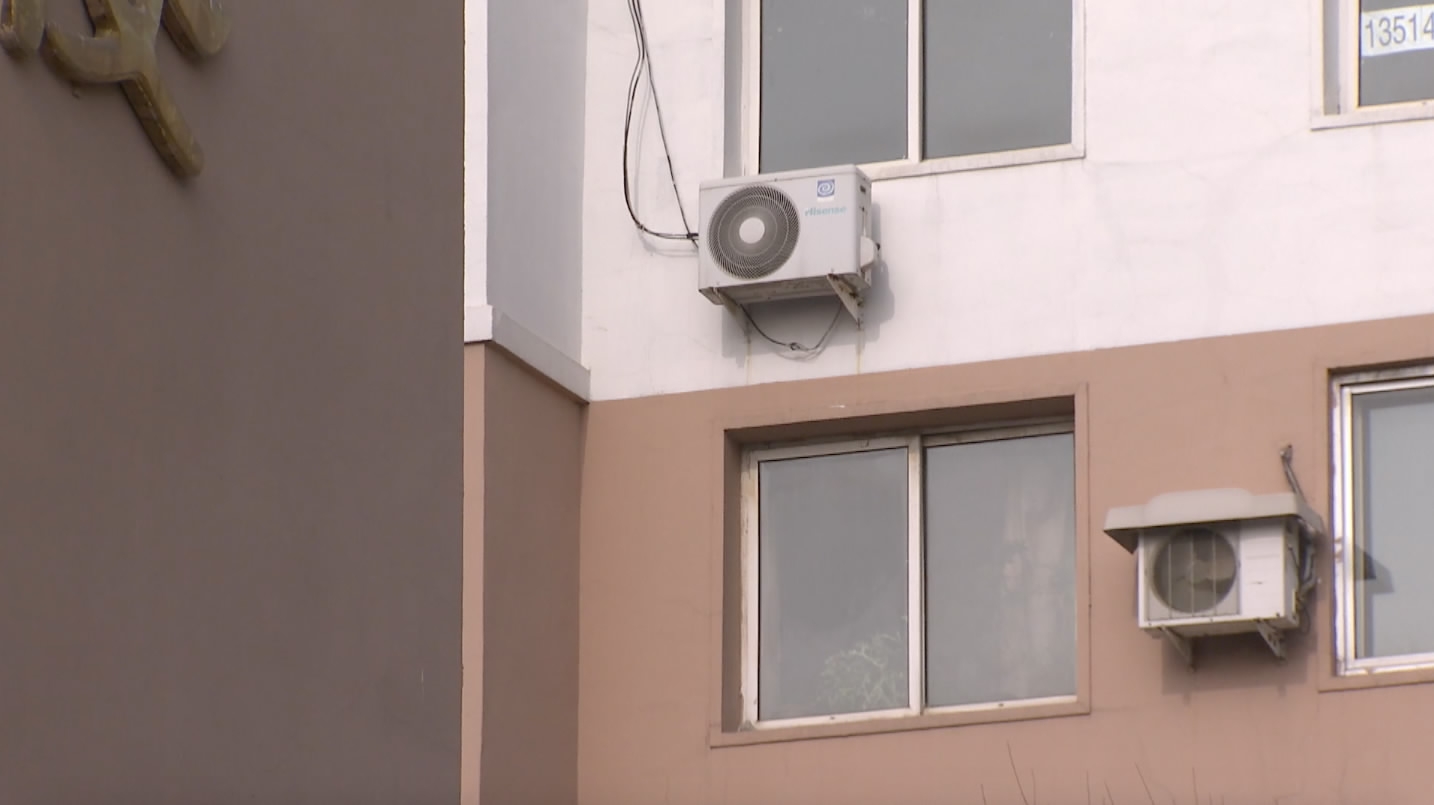
China
22:21, 01-Feb-2018
Northeast China battles winter heating shortfall
By Cui Hui'ao

Clearer skies have come at the cost of chilly homes in China this winter after Beijing ordered millions of households and some industrial plants in north China to switch from coal to gas heating as part of the country’s war on pollution.
With supplies tight and costs of these fuels high, concern is now mounting that many households will not have heating during the upcoming Chinese New Year holiday. Four of China’s top utility companies recently advised the government to increase coal supply and regulate the commodity price.
It has been tough for utility companies in China this winter as critical supplies of thermal coal have been cut off, and coal prices have hit record highs.

Four of China’s top utility companies recently advised the government to increase coal supply and regulate the commodity price. /CGTN Photo
Four of China’s top utility companies recently advised the government to increase coal supply and regulate the commodity price. /CGTN Photo
Li Bo, deputy general manager of SPIC Northeast Electric Power Company’s branch in Fushun City, northeast China's Liaoning Province, said the plant made a loss of more than 130 million yuan (20.6 million US dollars) last year, mostly due to surging costs.
“The main reason is coal prices are staying high,” Li said. “The fuel cost in 2017 alone was up by 100 million yuan compared to 2016. And take this January as an example: The standard unit price for coal has risen by 30 yuan, while the transportation cost has also gone up by 10 percent. The operating pressure for us is huge.”
As a result, stockpiles continue to drop. Supplying heat to nearly 160,000 households in the city, this company says its stocks of coal can only sustain heat supply for another four days, shorter than the usual seven days of reserves.

Families use air conditioners as back-up heating resources. /CGTN Photo
Families use air conditioners as back-up heating resources. /CGTN Photo
The conundrum over limited natural gas supplies comes just two weeks before the week-long Chinese New Year holiday, when hundreds of millions of people travel home for family reunion.
“I’m very concerned about this. The room temperature at my apartment right now is below 18 degrees,” said a Beijing resident named Wang Xiujuan. “Adults can handle it but kids are having a hard time. I hope there won't be a heating shortage, and the temperature can pick up during the holiday.”
Li Bo told CGTN that his company planned to increase the stockpile of coal as much as possible before the holiday. This includes coordinating with coal mines and railway authorities to make sure quantity is not an issue. “Meanwhile, we are also looking for other coal sources in the market, trying to diversify our channels of coal imports,” Li said.
But how will the problem be solved once and for all? Could this heating crisis come back next winter? Li said the solution may lie in price regulation, hoping the government could reduce coal prices in order to help utility companies survive.

SITEMAP
Copyright © 2018 CGTN. Beijing ICP prepared NO.16065310-3
Copyright © 2018 CGTN. Beijing ICP prepared NO.16065310-3